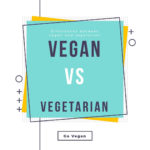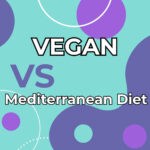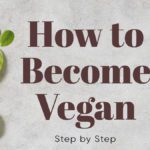Veganism Fun Facts: 32 Surprising Insights into vegan diet
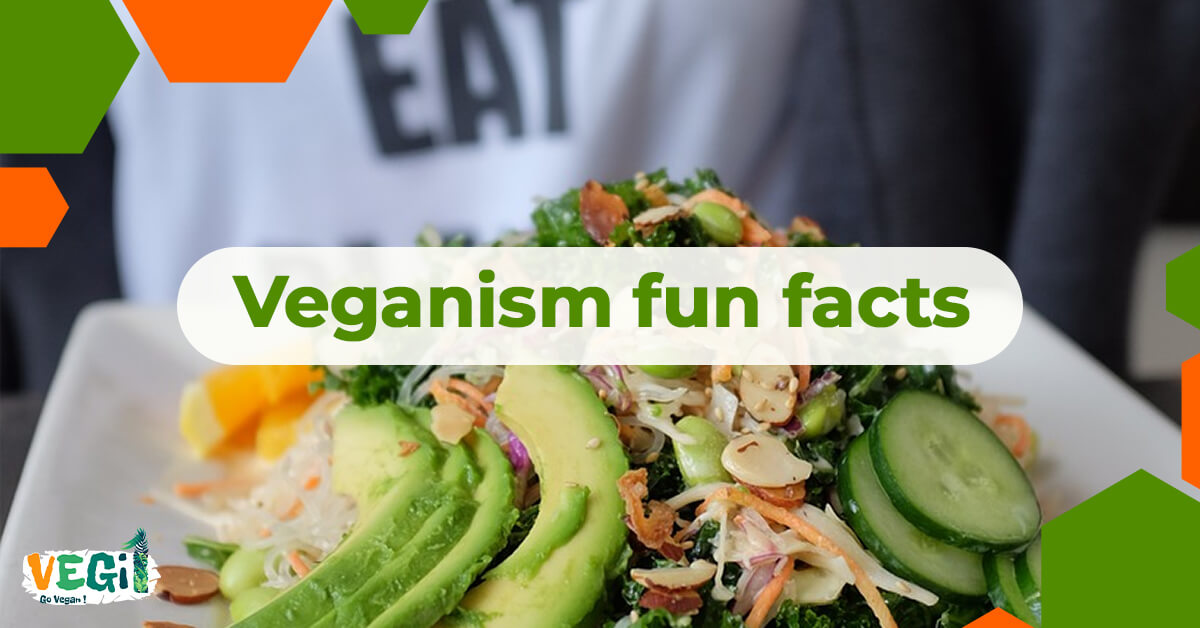
Veganism is a lifestyle that prioritizes consuming plant-based products while excluding animal-based products. It has gained popularity as a dietary choice, increasing the number of people embracing this lifestyle.
However, despite its growing acceptance, some individuals still have unresolved concerns about veganism.
But fear not! The “Veganism Fun Facts” article is here to help. We’ll share some fun facts about veganism that will address your concerns and provide valuable insights into this exciting lifestyle.
So, if you’re considering going vegan, keep reading and get ready to be inspired!”
In this article you will read:
(+32) Fun facts about veganism
Here are the facts that you need to know about vegan diet and veganism:
 Veganism is not a new concept
Veganism is not a new concept
Although you may hear veganism often in recent years, it is not new—the history of veganism dates back to 2000 years ago.
The term vegan originated in 1944 by a man called Donald Watson. He made a group vegan society as he left his local vegetarian.
 Veganism reduces the carbon footprint.
Veganism reduces the carbon footprint.
As you may be aware, livestock production significantly contributes to environmental issues due to the significant carbon emissions released, including global warming.
By eliminating meat and dairy from your meal plan, you can significantly reduce the demand for animal rearing.
According to a study by Oxford University, shifting to veganism can lead to a remarkable 73% reduction in carbon footprint.
11 surprising facts about veganism
 Saving lots of animal life
Saving lots of animal life
The type of animals people consume can vary depending on the region, climate, and food types.
It does not matter which type of animal people use; once people adapt to veganism and remove the consumption of animal-based foods from their diet, the life of hundreds of animals can be saved each year, as The Vegan Calculator revealed.
 Saving natural resources
Saving natural resources
A massive scale of natural resources such as forests, water is used for rearing livestock. To add a single pound to beef weight, I need 10.910 liters of water.
So, when people don’t rely on livestock to feed, over 1.5 million liters of water, 1000 square meters of forest, and 3.200Kg kg of Co2 will be saved.
 A vegan diet is packed with protein.
A vegan diet is packed with protein.
One of the misconceptions about veganism is that a vegan diet needs more protein. But the truth is something else.
Most plant-based products are rich in protein which meets the protein requirements of bodies. By including lentils, beans, peas, nuts, mushrooms, broccoli, soya, and pasta to provide your body with protein.
If you are concerned about calcium, there is no worry. Same go for the calcium-by-vegan diet, and you can include green leafy veg, soya products, and plant-based milk, such as oat, almond, or hazelnut.
 All alcoholic drinks are not vegan.
All alcoholic drinks are not vegan.
The fun fact about veganism is that people think they can consume all alcoholic drinks.
Although most booze is made from plants such as wine, beer, and potatoes, they cannot be included in a vegan diet.
The base of booze is planted, but through bottling, they undergo some stages, which include animal-based materials such as gelatin, egg white, or milk protein.
So before drinking these beverages, you should read the label on the bottle.
 Risk reduction of heart diseases
Risk reduction of heart diseases
Unlike the people who thought that veganism leads to pale and some diseases. Eliminating meat and dairy from a meal not only does not lead to health issues but also reduce the risk of chronic disease such as heart problems.
Various studies show that the more reliance on plant-based products, the less risk of heart disease, cancer, diabetes type 2.
The Impact of a Vegan Diet on Cholesterol Levels
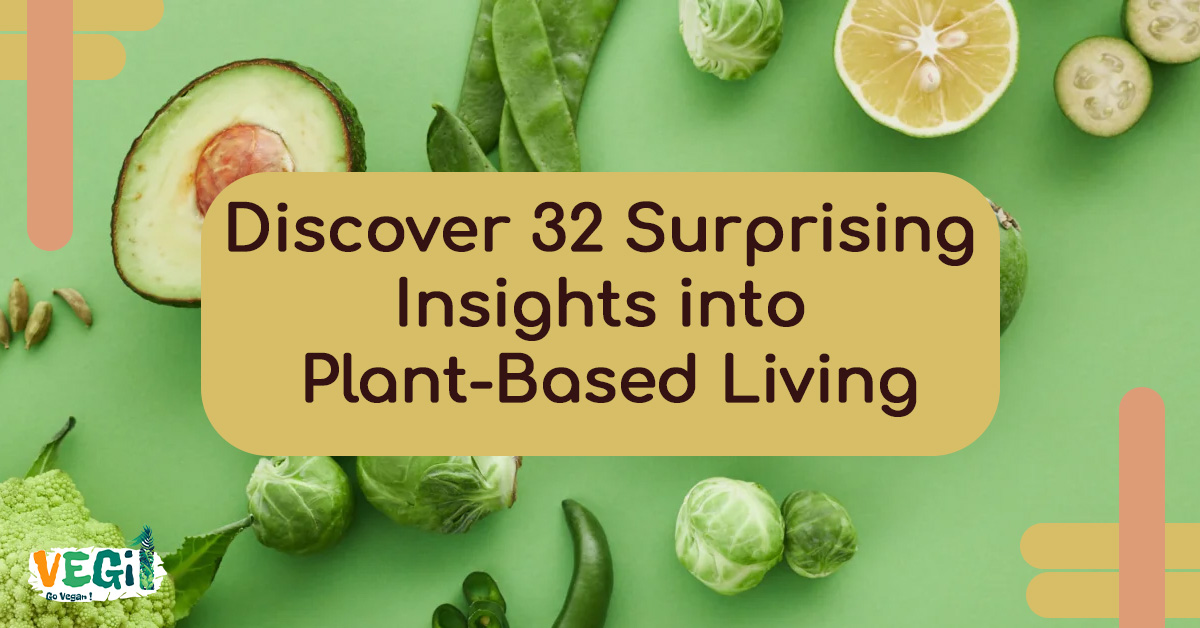
 Can veganism promote the treatment process of diabetes?
Can veganism promote the treatment process of diabetes?
Veganism can potentially promote the treatment process of diabetes. A vegan diet can be lower in saturated fats and Cholesterol. As a result, it is less likely to suffer from type 2 diabetes.
 Some Celebrities follow veganism.
Some Celebrities follow veganism.
Celebrities that shifted to a veganism lifestyle include Benedict Cumberbatch, Madonna, Michelle Pfeiffer, Alicia Silverstone, Joaquin Phoenix, and Zac Efron.
 Veganism is not always accepted by many.
Veganism is not always accepted by many.
Veganism is, however, increasingly popular among people in recent years; others do not agree with the vegan lifestyle.
Based on the study, which was done in the UK in 2007, showed that 5.5% of people had a positive view of the vegan diet, 74.3% of people had a negative view of it, and 20.2% were neutral.
13 interesting facts about veganism you should know
 don’t need to be intensive Vegan to benefit
don’t need to be intensive Vegan to benefit
Following a strict vegan diet seems complicated for some people to remove animal-based products altogether.
So, you can adapt to slight Vegan in the way you prefer to take advantage of the health benefits of a vegan diet.
It does not only apply to health benefits; it also contributes to environmental benefits.
For example, if you don’t use a portion of meat for one week, you will save 790 bathtubs of water per year, three tennis courts of forests, and reduce greenhouse gases emitted to the atmosphere.
According to the BBC, replacing one serving of cow’s milk daily can result in a carbon saving of up to 229kg over a year.
Similarly, giving up a weekly portion of cheese can save emissions equivalent to heating the average UK home for 11 days!
You can gradually shift to veganism by replacing some foods with animal-based foods.
 Lower risk of developing cancer
Lower risk of developing cancer
Veganism is supported by a fact backed by research from the World Health Organization. According to their findings, there is a strong link between consuming processed meat and developing cancer.
 Veganism is free of Cholesterol.
Veganism is free of Cholesterol.
The rate of Cholesterol included in animal products is high, while it is different for a vegan diet.
By shifting to veganism, the level of Cholesterol in your body will decrease. As a result, it is less likely to experience health issues related to high Cholesterol.
 To feed the world’s hunger
To feed the world’s hunger
The evidence supports this significant assertion about veganism.
Scientific research indicates that if crops were grown specifically for human consumption instead of being used to feed animals raised for meat, it would be possible to feed an additional four billion people.
This compelling data provides a strong argument for transitioning to a plant-based diet.
 The length of time that people can adapt to veganism
The length of time that people can adapt to veganism
There is no correct answer if you want to know how long you can adapt to veganism. Since it depends on several factors, such as how flexible you are and how you can be compatible with this lifestyle.
Some people can immediately adapt to this diet and feel comfortable with it, while for others, it takes longer to feel convenient with new changes.

 Women mainly love veganism
Women mainly love veganism
Another fun fact about veganism is that the number of people following veganism is not the same among the female and male gender.
According to statics study done in the UK in 2015, the rate of vegan women is twice that of men.
But this rate is different in other countries, and about 78% of women follow a vegan lifestyle in the US. This popularity of the vegan lifestyle by females is due to the relationship between animal rights and feminism.
20 Interesting Facts About Vegans and Veganism
https://worldanimalfoundation.org/advocate/vegetarian-statistics/
Another reason is that men gender preferably choose meat-based foods rather than plant-based foods.
Since men believe that they can develop their power by consuming meat.
 Vegan etymology
Vegan etymology
In 1944, Donald Watson, the founder of the Vegan Society, introduced the term “vegan.”
He derived this word by modifying the term “vegetarian,” taking the first and last letters and creating a distinct identity for individuals who abstain from all animal products instead of those who only avoid meat.
Watson intended to establish a clear distinction between these two dietary choices.
 The age group of veganism
The age group of veganism
Based on panel surveys conducted in the 21st century, most participants (78%) reported transitioning to veganism between 16 and 34, with a notable portion (52%) switching between 16 and 24 years old.
The average age for adopting a vegan lifestyle is 24.1, with the most common ages being 19, 20, and 21.
![]() Vegan diet types
Vegan diet types
One of the popular vegan diets is ‘raw till 4,’ which means that you must consume raw foods until 4 pm, and you can eat cooked plant-based foods at dinner time.
Another type of vegan diet, Junk & Convenience Food Vegan Diet, relies on processed foods such as vegan burgers and fries.
 Can kids follow a vegan diet?
Can kids follow a vegan diet?
A fun fact about veganism is that kids cannot be veganism. But it is not valid. Kids can benefit from a vegan diet if the meals provided for kids are packed with all notorious requirements. So, kids would be OK with a lack of vitamin D, Vitamin B12, calcium, iron, omega-3 fatty acids, and others.
 Vegan clothes
Vegan clothes
Vegans eat plant-based foods and choose clothes not made of animal materials such as leather, wool, silk, cashmere, and suede.
When they buy clothes, the material used for clothes is essential for them to respect animal rights.
 Do plants feel pain?
Do plants feel pain?
Without a doubt, plants are live creatures in the world, and because of that, people may think that they feel pain and there is no difference between consuming plants and animals.
But unlike animals, plants do not have pain receptors, nerves, or a brain. So, how can they feel pain?
 Vegans lack vitamin B12!
Vegans lack vitamin B12!
When it comes to plant-based products, they are packed with vitamin B12, and there are no worries for vegans that they will suffer from a lack of vitamin B12. As veganism, you can put cereals, tofu, and non-dairy milk in your plan to meet your body’s requirements.
What Foods Are High in B12 Vitamin For Vegetarians and Vegans
 Can athletic people follow a vegan diet?
Can athletic people follow a vegan diet?
Many of the world’s top sports players and athletes are shifting to veganism without any issues in building muscle. Regarding protein intake, they can choose plant-based foods fortified with protein. For example, a vegan, Serena Williams, incorporates such foods into her diet.
 A vegan diet is only for wealthy people.
A vegan diet is only for wealthy people.
Do you worry about the cost of a vegan diet, and because of that, you are afraid of shifting to veganism? But the truth is different; if you look at the price of rice, grains, and potatoes and compare them with meat and dairy, you will notice that plant-based products are cheaper than animal-based ones.
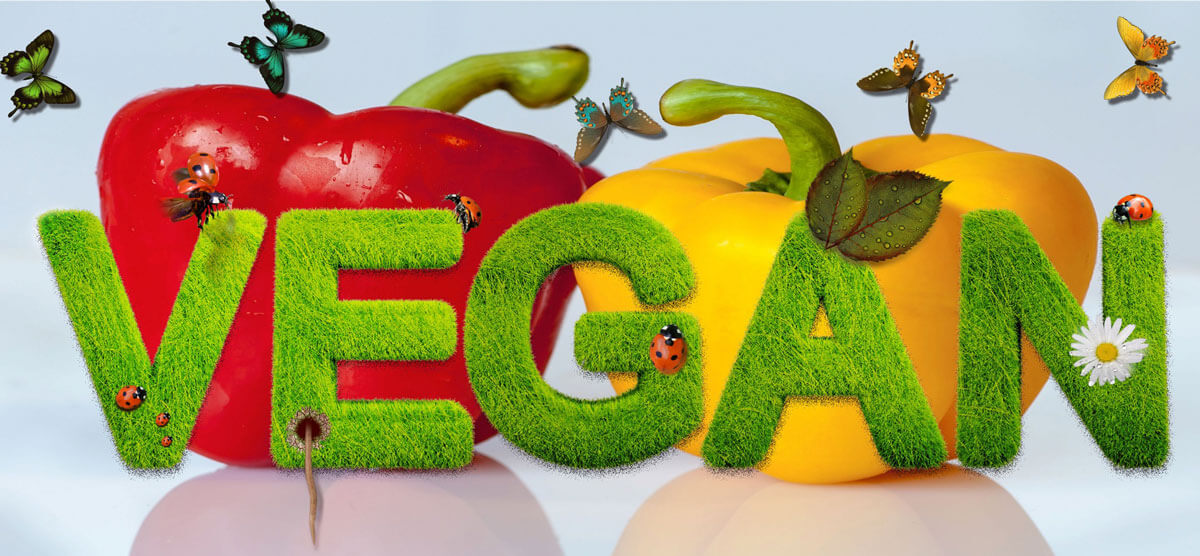
 Veganism is subjected to depression!
Veganism is subjected to depression!
According to the results of 18 studies which have done over 149,559 meat consumers placed in Europe, Asia, North America, and Oceania, shows that those who consume meat are at greater risk of depression rather than veganism. The correlation between diet and depression is not yet clear.
What Is the Relation Between Veganism and Depression?
 Why don’t vegans eat local eggs?
Why don’t vegans eat local eggs?
Vegans prefer not to eat eggs because they are animal products. In addition to environmental issues, they care about animal welfare.
Since even chickens living in the backyard don’t have a desirable life. Laying eggs frequently can shorter their lifespan.
![]() Are vegans’ bones healthier than animal-based consumers?
Are vegans’ bones healthier than animal-based consumers?
Bones healthier is the primary concern of people today since they are not exposed enough to sunlight to get Vitamin D. A vegan diet can provide adequate calcium, vitamin D, and other nutrients necessary for bone health.
However, overall diet quality, exercise, and genetics also play a significant role in bone health.
 Can vegans use plastic and petrol or gasoline?
Can vegans use plastic and petrol or gasoline?
Vegan is a lifestyle that means avoiding animal exploitation and cruelty in food, clothing, and other areas of life.
However, some veganism cares about the consumption of plastic and petrol or gasoline because of environmental concerns and attempt to minimize their consumption.
So, like others, vegans can use petrol or gasoline to fuel their cars.
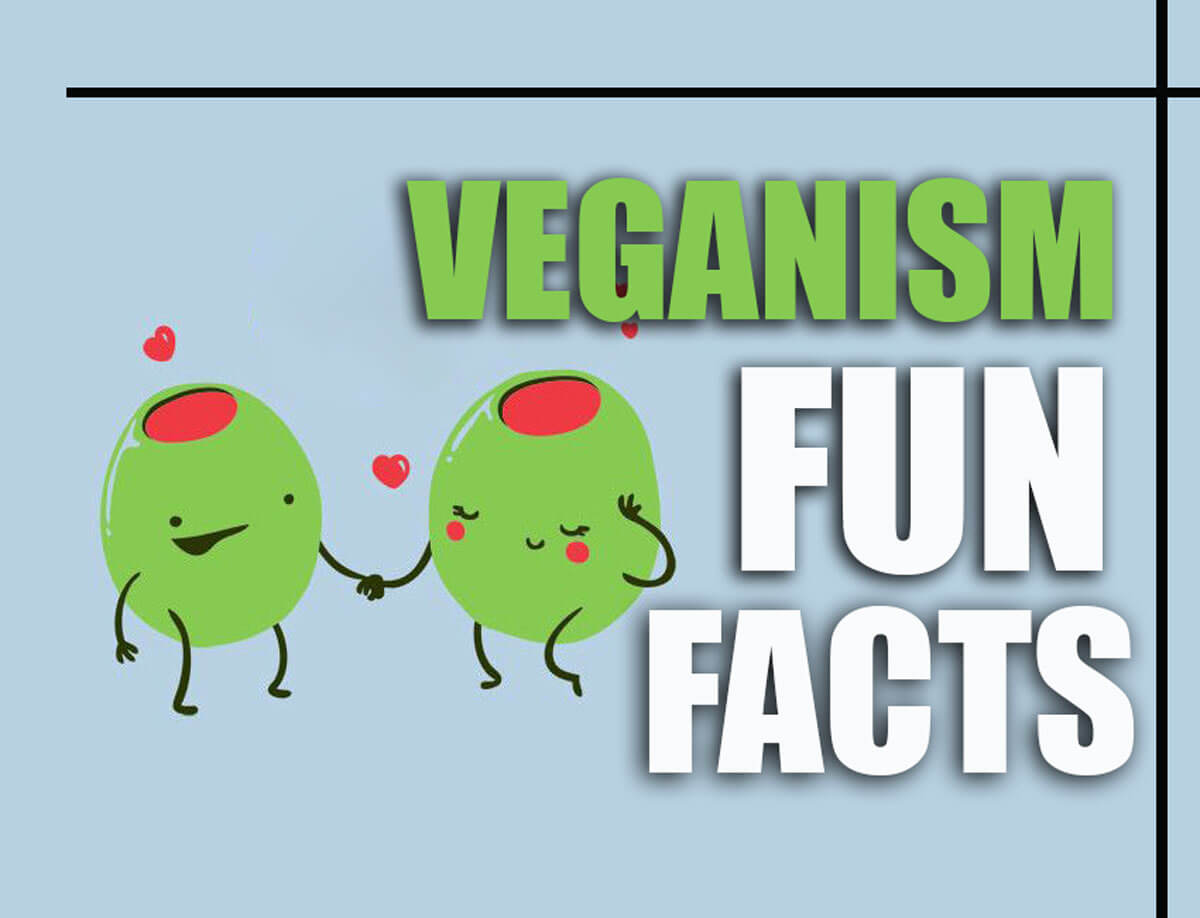
 Do humans stand at the top of the food chain?
Do humans stand at the top of the food chain?
Humans are not considered to be at the top of the food chain. Veganism is based on equal consideration and respect for all sentient beings, regardless of their species.
It rejects the notion of human superiority and advocates for recognizing all living beings’ inherent values and rights. Therefore, a vegan perspective would view humans as part of the interconnected web of life rather than being above or superior to other animals.
 Smoking and drinking Vegan is healthier than carnivores!
Smoking and drinking Vegan is healthier than carnivores!
You may think those who drink and smoke while following veganism are unhealthy. But surprisingly, even if you smoke or drink as veganism, you may be at lower risk of health issues than carnivores.
 How to adhere to the 22 challenges of vegan?
How to adhere to the 22 challenges of vegan?
The Challenge provides a convenient opportunity to explore veganism with the guidance of knowledgeable mentors, dietitians, and a thriving community.
With their support, you’ll receive valuable advice, recommendations, and many recipes demonstrating the accessibility of a vegan diet. Register now to embark on a 22-day vegan journey utterly free of charge!
The bottom line
Veganism is not just about what you eat; it’s a lifestyle centered around compassion, sustainability, and personal well-being. If you’re curious about veganism or considering making the switch, these fun facts will give you a glimpse into the exciting world of plant-based living.
From surprising health benefits to eco-friendly practices, these facts will help you solidify your decision and address any lingering questions. We hope this article empowers you on your vegan journey!
And hey, if you know any fun facts about Vegan that we still need to cover, we’d love to hear from you! Please share your knowledge in the comment section below, and let’s keep the conversation going.


